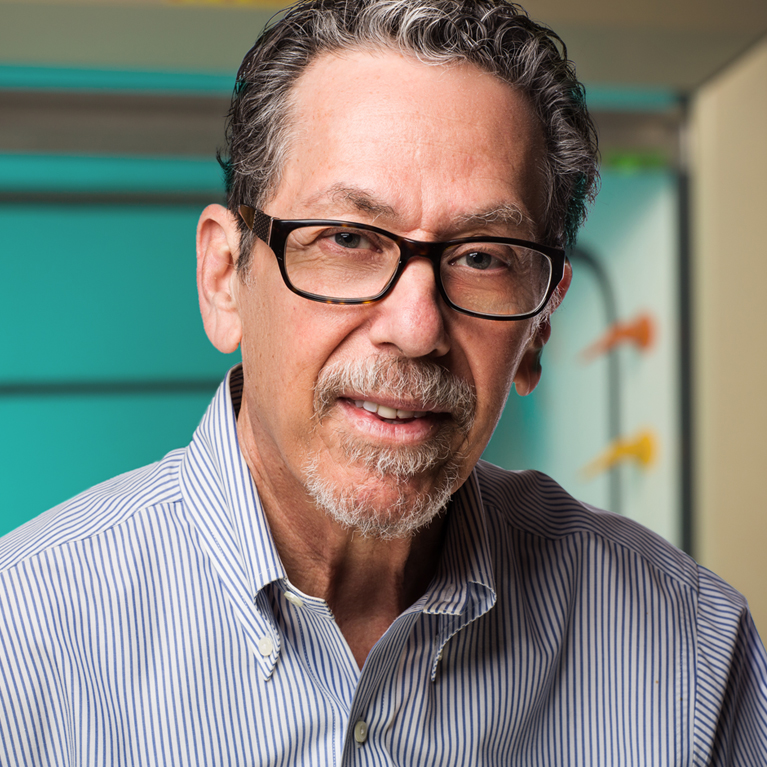First immune-evading cells created to treat type 1 diabetes
LA JOLLA—Salk Institute scientists have made a major advance in the pursuit of a safe and effective treatment for type 1 diabetes, an illness that impacts an estimated 1.6 million Americans with a cost of $14.4 billion annually.
Using stem cell technology, Salk researchers generated the first human insulin-producing pancreatic cell clusters able to evade the immune system, as detailed in the journal Nature on August 19, 2020. These “immune shielded” cell clusters controlled blood glucose without immunosuppressive drugs in mice, once transplanted in the body. Read more »

